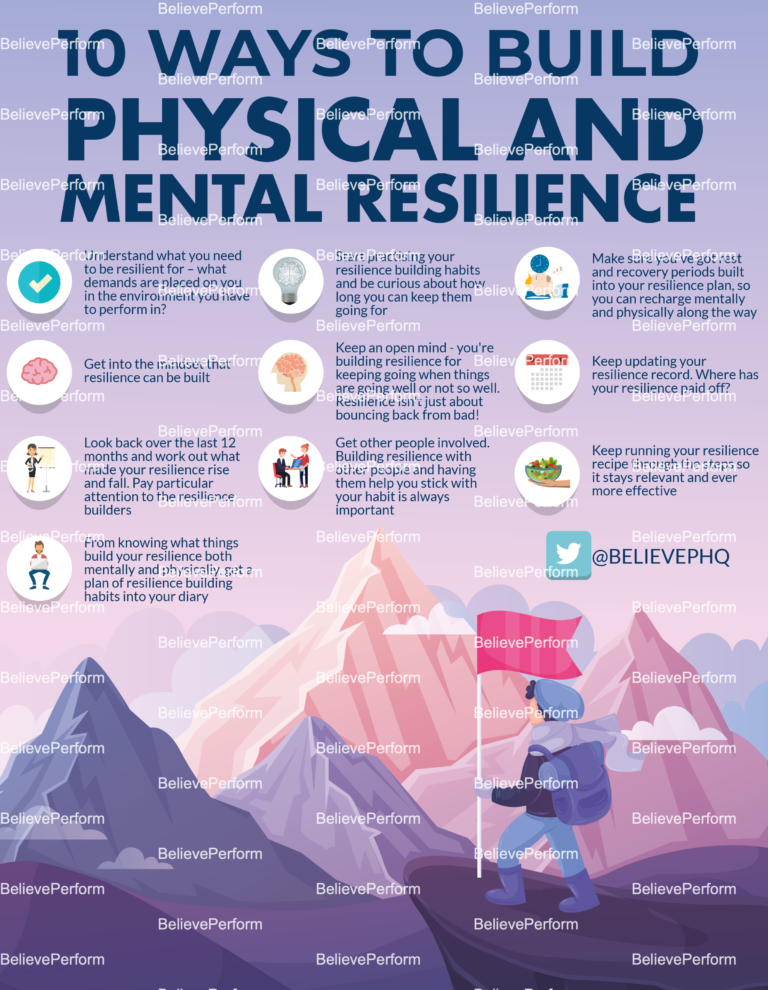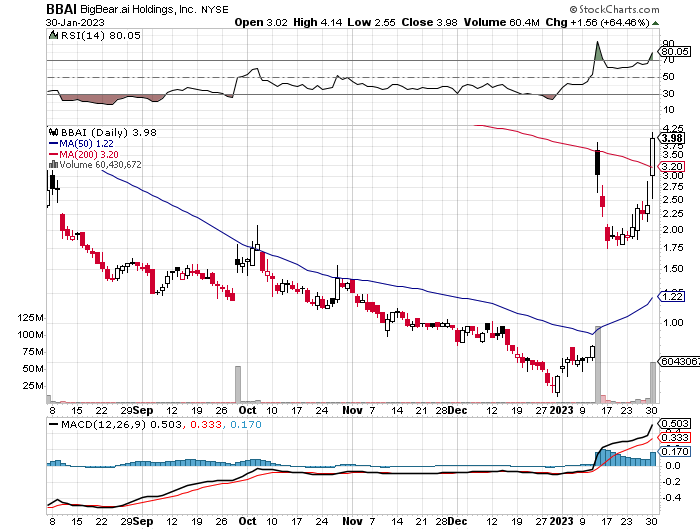Resilience & Mental Health: Building Strength, Not Bitterness

Table of Contents
Understanding Resilience: The Foundation of Mental Well-being
Resilience is the ability to bounce back from adversity, trauma, tragedy, threats, or significant sources of stress—such as family and relationship problems, serious health problems, or workplace and financial stressors. It's not about avoiding hardship, but about adapting to change and overcoming adversity. It's a crucial component of mental well-being, acting as a buffer against the negative impacts of stress and trauma. Understanding the difference between resilience and simple coping mechanisms is key. Coping mechanisms are strategies we use to manage stress in the short-term, while resilience is a longer-term, more robust ability to not only cope but also to learn and grow from challenging experiences.
- Resilience is not the absence of hardship, but the ability to bounce back. It's about adapting to change and overcoming adversity.
- It's about adapting to change and overcoming adversity. This involves adjusting your thoughts, feelings, and behaviors to navigate difficult situations.
- It involves learning from setbacks and growing stronger. Resilient individuals see challenges as opportunities for growth and self-improvement.
- Strong resilience is linked to better mental health outcomes, including reduced stress, anxiety, and depression. Studies consistently show a correlation between higher resilience and improved mental health indicators.
Building Resilience: Practical Strategies for a Stronger You
Building resilience is an active process, not a passive trait. It requires consistent effort and the development of healthy habits. Here are some key strategies:
Cultivating a Positive Mindset
A positive mindset is a cornerstone of resilience. It's not about ignoring negativity, but about reframing negative thoughts and focusing on solutions.
- Practice gratitude daily. Keeping a gratitude journal or simply taking time each day to appreciate the good things in your life can significantly boost your mood and outlook.
- Challenge negative self-talk. Become aware of your inner critic and actively challenge its negative pronouncements. Replace negative thoughts with more realistic and positive ones.
- Focus on your strengths and accomplishments. Acknowledging your strengths builds self-confidence and provides a foundation for overcoming challenges.
- Learn to forgive yourself and others. Holding onto resentment and anger can be incredibly draining. Forgiveness, both of yourself and others, is a crucial step towards emotional healing and resilience.
Developing Healthy Coping Mechanisms
Healthy coping mechanisms are essential for managing stress and preventing burnout. These strategies help you regulate your emotions and maintain a sense of balance.
- Regular physical activity reduces stress hormones. Exercise releases endorphins, which have mood-boosting effects.
- Mindfulness techniques help manage anxiety. Practices like meditation and deep breathing can help you stay grounded and centered during stressful times.
- Social connections provide emotional support. Strong social support networks are vital for resilience. Spend time with loved ones, join support groups, or connect with like-minded individuals.
- Engage in hobbies and activities you enjoy. Make time for activities that bring you joy and relaxation. This can help reduce stress and improve your overall well-being.
Seeking Professional Support
Sometimes, we need extra help to build resilience. Seeking professional support is a sign of strength, not weakness.
- Therapy can provide tools for building resilience. A therapist can help you identify negative thought patterns, develop coping mechanisms, and build healthier relationships.
- Support groups offer a sense of community and shared experience. Connecting with others who have faced similar challenges can be incredibly validating and supportive.
- Medication can be helpful in managing underlying mental health conditions. If you're struggling with depression, anxiety, or other mental health conditions, medication can be a valuable tool in your recovery.
- Don't hesitate to reach out for professional guidance. There are many resources available to help you, so don't be afraid to seek help when you need it.
The Long-Term Benefits of Resilience: A Healthier and Happier Life
Cultivating resilience has a profound positive impact on various aspects of your life.
- Improved relationships due to better emotional regulation. Resilient individuals tend to have stronger, healthier relationships because they can manage their emotions more effectively.
- Increased job satisfaction and career success. Resilience helps you navigate workplace challenges and achieve your career goals.
- Greater overall life satisfaction and happiness. Resilience contributes to a greater sense of purpose and well-being.
- Enhanced physical health due to reduced stress. Chronic stress can negatively impact physical health. Resilience helps mitigate the harmful effects of stress on your body.
Conclusion:
Building resilience is not a one-time event, but an ongoing process. By understanding the crucial link between resilience and mental health, and by actively implementing the strategies discussed, you can cultivate inner strength and navigate life's challenges with grace and determination. Remember, building resilience isn't about avoiding hardship, but about developing the capacity to bounce back stronger, building strength instead of bitterness. Take charge of your mental well-being today and start building your resilience! Learn more about enhancing your resilience and mental health by exploring resources and support networks available in your community.

Featured Posts
-
 Big Bear Ai Bbai Analyzing The Best Indicators For Penny Stock Investment
May 20, 2025
Big Bear Ai Bbai Analyzing The Best Indicators For Penny Stock Investment
May 20, 2025 -
 Tyler Bate Back On Wwe Raw What To Expect
May 20, 2025
Tyler Bate Back On Wwe Raw What To Expect
May 20, 2025 -
 Wwe Raw 5 19 2025 3 Things We Loved And 3 We Hated
May 20, 2025
Wwe Raw 5 19 2025 3 Things We Loved And 3 We Hated
May 20, 2025 -
 Formula 1 Yeni Sezonu Icin Geri Sayim Basladi
May 20, 2025
Formula 1 Yeni Sezonu Icin Geri Sayim Basladi
May 20, 2025 -
 Rio De Janeiro Incendio Em Escola Na Tijuca Causa Tristeza E Indignacao
May 20, 2025
Rio De Janeiro Incendio Em Escola Na Tijuca Causa Tristeza E Indignacao
May 20, 2025
